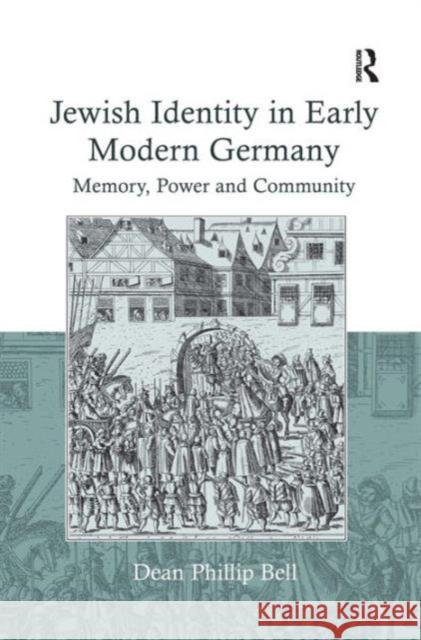Jewish Identity in Early Modern Germany: Memory, Power and Community » książka
Jewish Identity in Early Modern Germany: Memory, Power and Community
ISBN-13: 9780754658979 / Angielski / Twarda / 2007 / 200 str.
Although Jews in early modern Germany produced little in the way of formal historiography, Jews nevertheless engaged the past for many reasons and in various and surprising ways. They narrated the past in order to enforce order, empower authority, and record the traditions of their communities. In this way, Jews created community structure and projected that structure into the future. But Jews also used the past as a means to contest the marginalization threatened by broader developments in the Christian society in which they lived. As the Reformation threw into relief serious questions about authority and tradition and as Jews continued to suffer from anti-Jewish mentality and politics, narration of the past allowed Jews to re-inscribe themselves in history and contemporary society. Drawing on a wide range of sources, including chronicles, liturgical works, books of customs, memorybooks, biblical commentaries, rabbinic responsa and community ledgers, this study offers a timely reassessment of Jewish community and identity during a frequently turbulent era. It engages, but then redirects, important discussions by historians regarding the nature of time and the construction and role of history and memory in pre-modern Europe and pre-modern Jewish civilization. This book will be of significant value, not only to scholars of Jewish history, but anyone with an interest in the social and cultural aspects of religious history.











